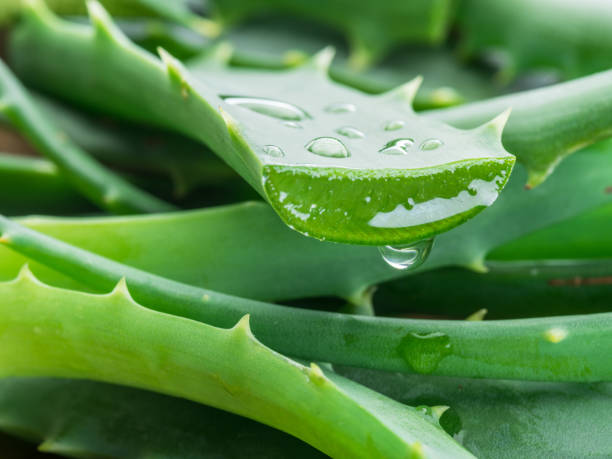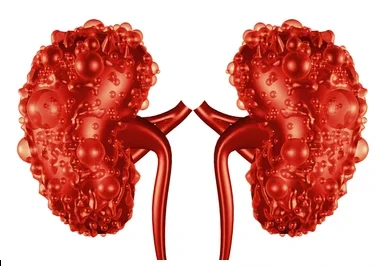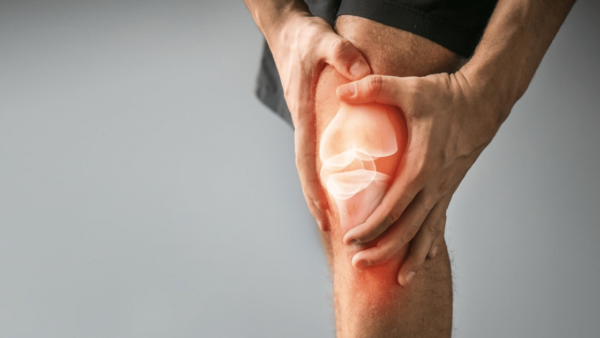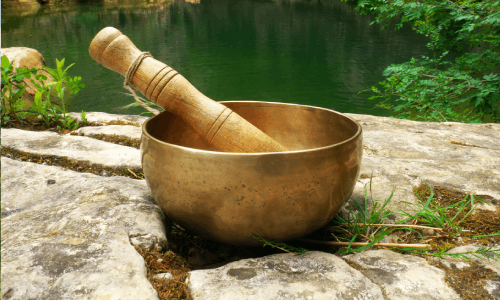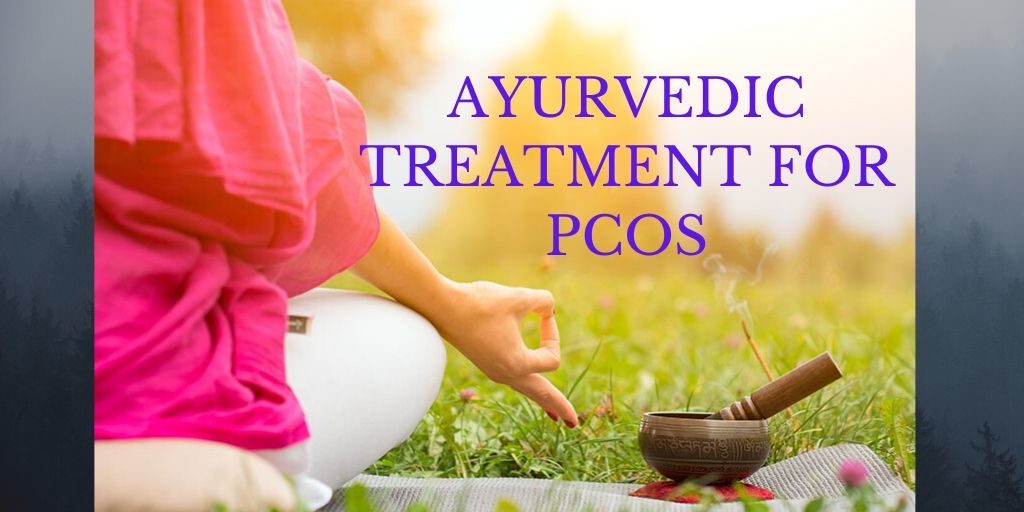Diabetes is a chronic medical condition characterized by high levels of sugar or glucose in the blood. This occurs when the body either doesn’t produce enough insulin or can’t effectively use the insulin it produces. According to World Health Organisation (WHO), about 422 million people from around the world suffer from diabetes. And the numbers are gradually increasing with time. Diabetes can lead to serious complications if not properly managed, including heart disease, stroke, kidney damage, nerve damage, vision loss and problems with the feet and skin. However, with proper treatment and management, many people with diabetes can lead healthy and fulfilling lives. There are mainly two types of diabetes. Type 1 diabetes is an autoimmune disorder that requires the use of insulin to manage blood sugar levels. Type 2 diabetes, on the other hand, is a result of poor lifestyle practices that often occurs during adulthood. While Ayurveda has no treatment for Type 1 diabetes, Type 2 diabetes can be reversed through dietary and lifestyle corrections, Ayurvedic herbs and even medications. How to do Early Detection of Diabetes Diabetes as per Ayurveda According to Ayurveda, diabetes is a metabolic condition brought on by an imbalance in the body’s Doshas. This is made worse by lifestyle choices like eating poorly and not exercising. Diabetes, often known as “Madhumeha,” is characterized by high blood sugar and poor insulin activity. Ayurvedic principles state that diabetes is a result of an imbalance of Doshas caused by an overabundance of sweet, sour and heavy meals. Increased thirst, frequent urination, exhaustion and sluggish wound healing are the symptoms. Through Ayurveda, the imbalance of Doshas can be corrected by altering food and lifestyle choices and using certain herbs to control blood sugar levels and enhance general health. Dietary Recommendations for Diabetes Diet is an important factor in managing Type 2 diabetes with Ayurveda. If you have been following me, you might know how food is a major part of my treatment method. Even in my treatment for diabetes, food plays an important role. Though the dietary recommendations vary with each patient, depending on their Prakriti, Dosha imbalances, health conditions and more, some of the recommendations remain common for all. Focus on Whole Foods Unprocessed, whole foods like fruits, vegetables, whole grains, legumes etc. are high in antioxidants, fibre, vitamins and minerals. They support general health and blood sugar regulation. Balanced macronutrients A balanced diet with enough protein, carbohydrates and healthy fats should be your goal. To avoid blood sugar spikes, concentrate on eating complex carbohydrates with a low glycemic index, like whole grains, legumes, and non-starchy vegetables. Also, incorporate healthy fats like ghee, almonds, etc. and also, protein sources like chicken, fish, tofu, and beans. Watch Portion proportions To prevent overindulging and maintain stable blood sugar levels, be mindful of portion proportions. To manage portion sizes, use smaller bowls, plates and utensils. You may also adopt a mindful eating style to recognise your body’s signals of hunger and fullness. Avoid refined carbohydrates and added sugars Avoid consuming foods and drinks heavy in unhealthy fats, processed carbohydrates and added sugars. Such foods can raise blood sugar levels and lead to insulin resistance. Eat Foods with Bitter, Astringent and Pungent Tastes According to Ayurveda, foods with these tastes help with digestion and blood sugar regulation. Include foods with these flavours, such as cruciferous vegetables, leafy greens, fenugreek, turmeric, cinnamon, and bitter melon in your diet. Keep Yourself Hydrated Dehydration can cause your blood sugar levels to rise. So always make sure that you remain hydrated. Water is the best option. Be consistent To avoid blood sugar swings, be regular with your meal timings. For instance, it is best to have a light, digestible dinner, preferably early (between 6:00 pm and 6:30 pm). People with Type 2 diabetes can increase insulin sensitivity, control their blood sugar levels, and improve their general health and well-being by adhering to these dietary guidelines. Consult a qualified Ayurvedic doctor for guidance regarding a customised meal plan that meets your needs, preferences, and health objectives. To maintain ideal blood sugar management, you should also routinely check your blood sugar levels. Ayurvedic Herbs for Diabetes Management Apart from diet and exercise, there are many herbs that help manage your diabetes in Ayurveda. Gymnema Sylvestre (Gurmar) Also referred to as the “sugar destroyer,” Gymnema Sylvestre aids in blood sugar regulation by preventing the intestines from absorbing sugar and encouraging the pancreas to produce insulin. It helps control weight because it lessens cravings for sweets. Overconsumption of Gurmar can lead to hypoglycemia. So, make sure that you consult with an Ayurvedic doctor before using the herb. Bitter Melon (Karela) Bitter Melon lowers blood sugar levels by acting as an insulin substitute. It is useful in managing diabetes because it enhances insulin sensitivity and glucose consumption in cells. Fenugreek (Methi) The soluble fiber and saponins found in fenugreek seeds aid in slowing down the bloodstream’s absorption of sugars and carbs. Insulin resistance is decreased, and blood sugar regulation is enhanced. Also Read: Fenugreek Benefits for Diabetes Amla/Indian Gooseberry Rich in antioxidants, Amla helps shield pancreatic beta cells from oxidative stress-related damage. It helps treat diabetes since it also increases insulin secretion and glucose metabolism. Turmeric (Curcumin) Turmeric contains curcumin, a molecule with antioxidant and anti-inflammatory qualities. It lowers blood sugar, improves pancreatic function, and lessens insulin resistance. Combination of Amla and Turmeric (Nishamlaki) Cinnamon (Dalchini) Cinnamon improves cell absorption of glucose and increases insulin sensitivity, both of which reduce blood sugar levels. Also, it slows down the digestive tract’s processing of carbs, which improves blood sugar regulation. Ayurvedic Remedies and Formulations Ayurvedic doctors also tend to recommend remedies and formulations to patients to naturally manage diabetes. Chandraprabha Vati This… Continue reading Diabetes Management with Ayurveda
Diabetes Management with Ayurveda

